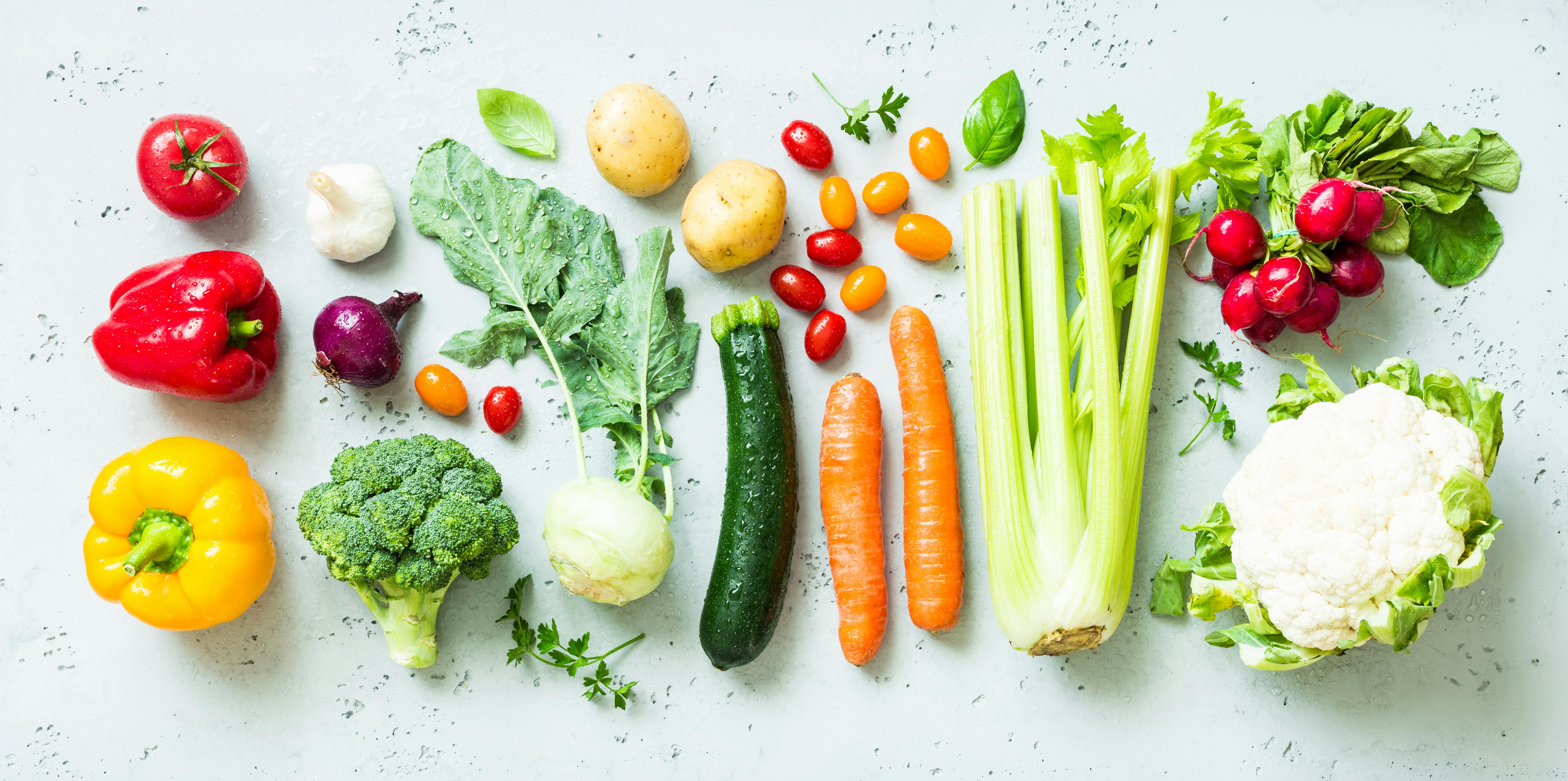- resources
- Eat Well, Stay Healthy
Eat Well, Stay Healthy
People like to say “you are what you eat," but is there any truth to that?

In this chat with our medical director, Dr. Lindsay Carter, we define what a healthy diet looks like and share tools that can help you choose healthier food options.
Q&A with Dr. Carter
Does my diet really make a difference to my health?
Yes! What you eat and drink has a big impact on your overall health. Following a healthy diet can lower your risk of developing certain chronic diseases. This includes diabetes, heart disease, liver disease, obesity, and even some types of cancer. It’s never too late to start eating healthy!
What should a “healthy diet” include?
Here are some foods that make up a healthy diet:
- Fruits and vegetables
- Whole grains like brown rice, oatmeal, whole wheat bread, or whole wheat crackers
- Dairy, especially non-fat or low-fat milk and yogurt
- Proteins, especially lean meats like poultry and fish, beans, nuts, and seeds
- Oils that come from vegetables or fish
To keep a healthy diet, it’s helpful to limit:
- Added sugars: while some foods like fruit have natural sugars, avoid foods with sugar as an additional ingredient
- Saturated fats: these fats are found in butter, cheese, processed meats, and red meats
- Trans fats: these fats are found in baked goods, fried foods, and more
- Sodium: try sticking to less than 2,300 mg of sodium per day, which is about 1 teaspoon of salt
When you make a meal for yourself, half of your plate should be filled with fruits and vegetables (the more veggies the better!), a quarter should be filled with whole grains, and a quarter with lean protein. You can visit myplate.gov to learn more or create a personalized meal plan. Check with your doctor before making any changes to your diet.
What are some other healthy changes I can make?
Even small changes in your diet can go a long way. Here are some simple swaps you can make:
- Choose plain shredded wheat cereal instead of frosted mini wheat cereal
- Choose plain low fat yogurt with berries instead of full-fat flavored yogurt
- Choose a vegetable oil, like olive oil, instead of butter
- Choose sparkling water instead of soda
What about red meat?
Red meats, like beef, pork, and lamb, come from animals. Research has shown that too much red meat can raise your risk of heart disease, stroke, and certain types of cancer. It’s best to eat only 1 or 2 servings of red meat per week.
I can’t afford healthy food. What should I do?
If you’re a Devoted Health member, we may be able to help. Call us at 1-800-338-6833 (TTY 711) and ask how we can help you pay for healthy foods. Benefits may vary by plan.
The Takeaway
Eating a healthy diet can help you lower your risk for certain conditions, like diabetes, heart disease, and cancer. Here’s how you can maintain a healthy diet:
- Remember to eat fruits and vegetables, whole grains, and lean proteins
- Try to eliminate foods with added fats and sugars
- Limit yourself to 1 to 2 servings of red meat each week
- It’s never too late to start making small healthy swaps
Disclaimer
This article is for general reference only. Always talk to your doctor or other health professional for medical advice.